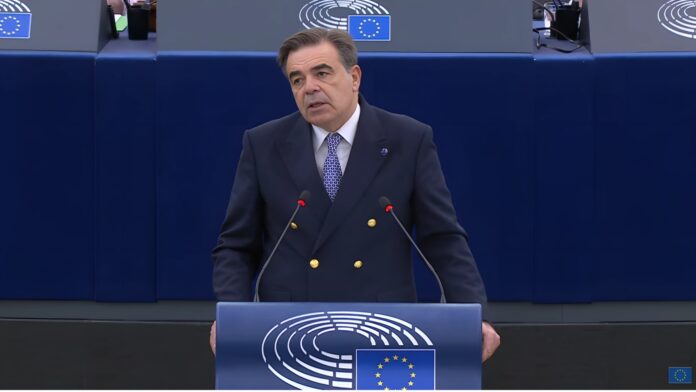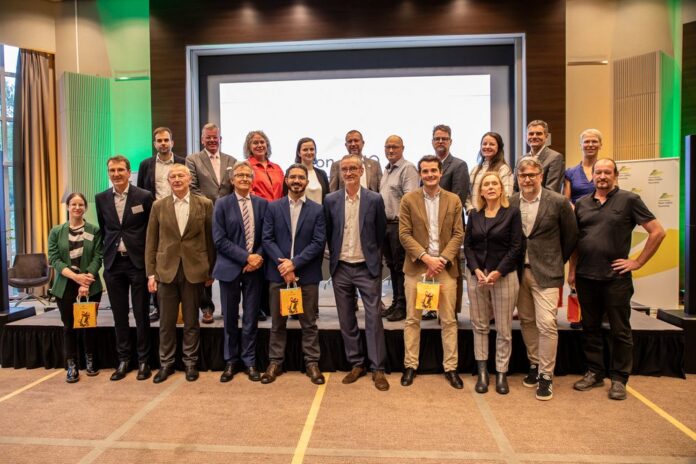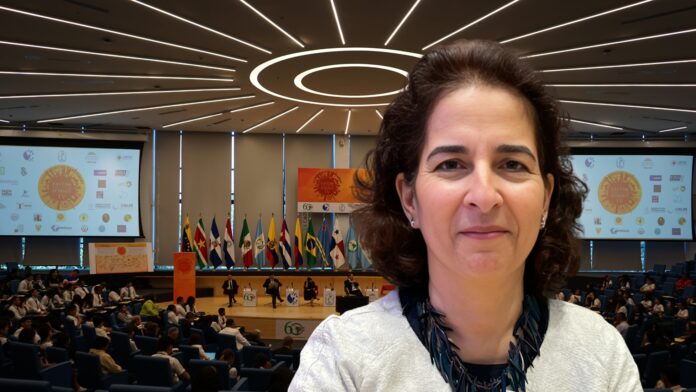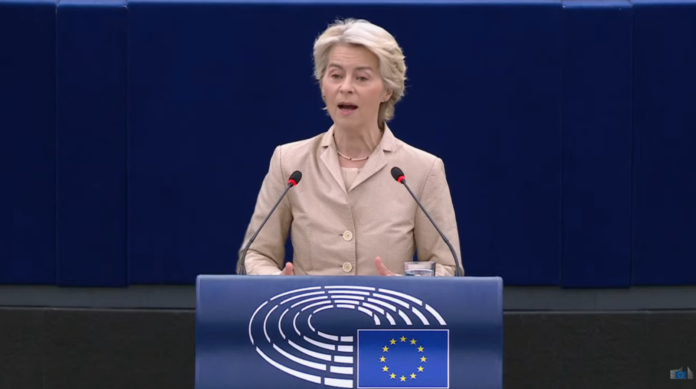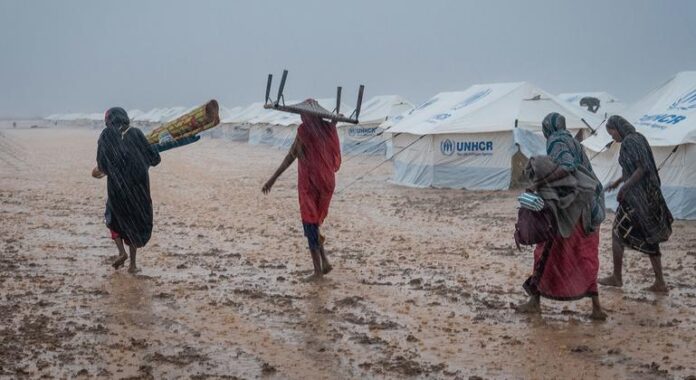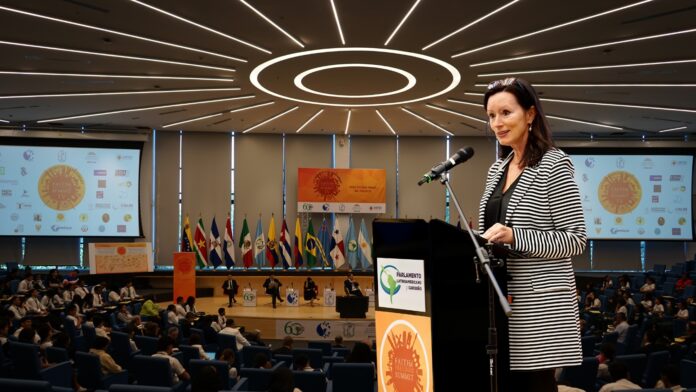Dr Krausz has supervised MSCA postdoctoral researchers and coordinated several MSCA projects over the past two decades, including NICOS, ALPINE or ATTOTRON.
Both L’Huillier and Krausz obtained funding and cooperated through the MSCA doctoral training network ATTOFEL, and trained and supervised a number of doctoral researchers.
They also received funding through several projects funded under FP6, the 6th EU’s research and innovation programme.
2022
Nobel Prize in Physics, awarded to former MSCA supervisors Alain Aspect and Anton Zeilinger, alongside John F. Clauser, “for experiments with entangled photons, establishing the violation of Bell inequalities and pioneering quantum information science”.
Nobel Prize in Chemistry, awarded to former MSCA supervisor Morten Meldal, alongside Carolyn R. Bertozzi and K. Barry Sharpless, “for the development of click chemistry and bioorthogonal chemistry”.
2021
Nobel Prize in Chemistry, awarded to former MSCA supervisors Benjamin List and David MacMillan for their development of organocatalysis, a new precise tool for molecular construction described as “an ingenious tool for building molecules”.
2020
Nobel Prize in Chemistry, awarded to Emmanuelle Charpentier (Max Planck Unit for the Science of Pathogens), an MSCA alumna and principal investigator involved in the training of young researchers in the field of genomics in the MSCA project ENLIGHT-TEN ITN.
Dr Charpentier received the award alongside Dr Jennifer A. Doudna “for the development of a method for genome editing”, CRISPR/Cas9.
2017
Nobel Prize in Physics, awarded for the work of Rainer Weiss, Barry C. Barish and Kip S. Thorne “for their decisive contributions to the LIGO detector and the observation of gravitational waves”.
The MSCA project GraWIToN involved nine MSCA fellows who contributed to the preparation of the data on gravitational waves.
Nobel Prize in Chemistry, to Richard Henderson (Medical Research Council), the coordinator of the MSCA project Membrane Proteases. His work was honoured along with Jacques Dubochet and Joachim Frank “for developing cryo-electron microscopy for the high-resolution structure determination of biomolecules in solution”.
2016
Nobel Prize in Chemistry, awarded to Bernard Feringa, Jean-Pierre Sauvage and J. Fraser Stoddart. Bernard Feringa (University of Groningen) was in charge and supervisor of several MSCA projects such as ALERT while Jean-Pierre Sauvage (University of Strasbourg) was the supervisor for the MSCA projects NANO-PRESSES and FEMOS.
They received the Nobel Prize in Chemistry along with J. Fraser Stoddart “for the design and synthesis of molecular machines”.
2015
Nobel Prize in Physics, awarded to Takaaki Kajita (University of Tokyo) who was involved in MSCA projects as a participant. He earned the Nobel Prize “for the discovery of neutrino oscillations, which shows that neutrinos have mass”.
The Japanese researcher has participated in several MSCA projects promoting international collaboration, such as ELITES, SKPLUS and InvisiblesPlus.
2014
Stefan W. Hell (Max Planck Institute for Biophysical Chemistry in Göttingen, German Cancer Research Centre in Heidelberg) was an MSCA fellow at the University of Turku in 1996-1997. He then coordinated several MSCA Individual Fellowships prior to receiving the Nobel Prize in Chemistry along with Eric Betzig and William E. Moerner “for the development of super-resolved fluorescence microscopy”.
The MSCA fellowship saved my career because it bought me some time to perform a number of important experiments that supported the viability of my ideas and eventually find an institution that would support me in pursuing them.
Dr. Stefan Hell, 2014 Nobel Prize in Chemistry
Edvard I. Moser and May-Britt Moser (Norwegian University of Science and Technology, Trondheim) are former MSCA project coordinators. The two Norwegians received a Nobel Prize in Medicine and Physiology alongside John O’Keefe “for their discoveries of cells that constitute a positioning system in the brain”.
Jean Tirole (Toulouse School of Economics) was a supervisor of the MSCA project MASIEGE. He received the Sveriges Riksbank Prize in Economic Sciences in Memory of Alfred Nobel “for his analysis of market power and regulation”.
2013
James Rothman (Yale School of Medicine) was a supervisor in the MSCA project BFLDs. He received the Nobel Prize in Physiology and Medicine alongside Randy W. Schekman and Thomas C. Südhof “for their discoveries of machinery regulating vesicle traffic, a major transport system in our cells”.
Several fellows from the MSCA projects ITN ACEOLE, ITN TALENT, COFUND CERN, COFUND CERN 2010 and LHC-PHYS were directly or indirectly involved in the revolutionary sub-atomic particle discovery of the Higgs Boson.
This discovery led to the award of the Nobel Prize in Physics to François Englert and Peter W. Higgs.
2012
Serge Haroche (Collège de France and École Normale Supérieure) supervised the MSCA project ONDEQUAM. He received the 2012 Nobel Prize in Physics alongside David J. Wineland “for ground-breaking experimental methods that enable measuring and manipulation of individual quantum systems”.
2010
Konstantin Novoselov (University of Manchester) has received funding, supervised and coordinated several MSCA projects, including GRAPHENE, MEDICIS-PROMED, 2DMAT4ENERGYand PTMCnano. He received the Nobel Prize in Physics alongside Andre Geim “for groundbreaking experiments regarding the two-dimensional material graphene”.




